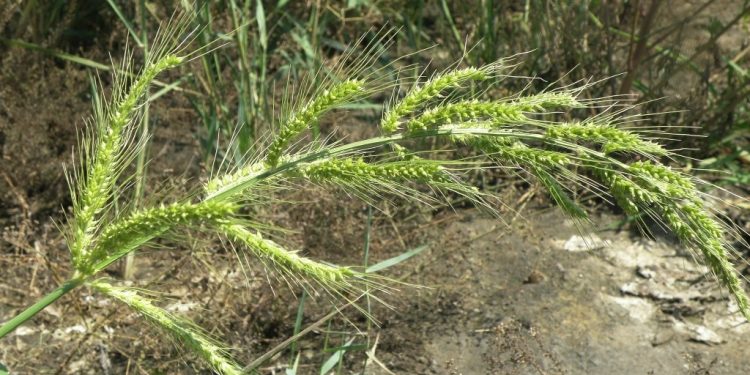#InvasiveSpeciesAlert #EchinochloaCrusGalli #BarnyardGrass #InvasiveSpecies #Ecology #Agriculture #ClimateChange #Herbicides #Prevention
Invasive species are a growing threat to ecosystems around the world. One such species is Echinochloa crus-galli, also known as barnyard grass. Originally from Asia, this weed has spread to many other parts of the world, including North and South America, Australia, and Europe.
Echinochloa crus-galli can have devastating effects on native plant species and agriculture. It competes with crops for nutrients and water, and can reduce yields. It also produces large amounts of seeds, which can spread easily through wind and water.
The development of Echinochloa crus-galli as an invasive species is due in part to human activities such as the transportation of goods and the disturbance of natural habitats. Climate change may also be playing a role, as changing temperatures and rainfall patterns may create more favorable conditions for the weed to grow.
The consequences of Echinochloa crus-galli invasion can be severe. In addition to reducing crop yields, it can alter the composition of ecosystems and threaten the survival of native plant and animal species. It can also impact water quality and availability, as it can clog waterways and reduce water flow.
Efforts to control the spread of Echinochloa crus-galli include the use of herbicides and manual removal. However, these methods can be costly and may have unintended ecological consequences. Prevention, such as monitoring and early detection, is the most effective strategy to prevent the establishment of this invasive species in new areas.
In conclusion, Echinochloa crus-galli is a highly invasive species that poses a significant threat to ecosystems and agriculture. It is important for individuals and organizations to take action to prevent its spread and protect our natural resources.





